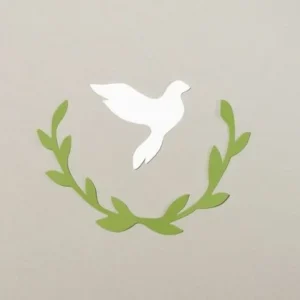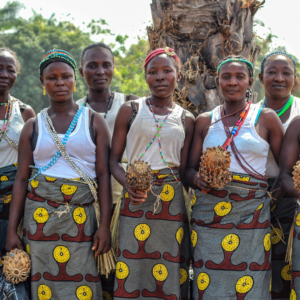Gender inequality remains one of the greatest barriers to eradicating extreme poverty, with Africa being among the regions most affected. Despite global progress, no country has yet achieved full gender equality. Across the continent, millions of women face significant obstacles that affect their health, safety, education, and economic empowerment. Organizations like Concern and leaders such as Berabose Aline Joyce are working to address these challenges and empower women and girls to build better futures.
Access to healthcare remains one of the most pressing issues for women in Africa. Life expectancy for women in the region is just 58 years, compared to over 80 years in wealthier nations. Many women face financial, logistical, and infrastructural barriers to receiving medical care, particularly in rural areas. This leads to higher rates of communicable diseases, maternal mortality, and nutritional deficiencies such as anaemia.
Reproductive health is another major challenge, with many women lacking access to contraception and safe family planning resources. Sub-Saharan Africa has the highest rates of adolescent births globally, often due to limited reproductive education and healthcare. Initiatives like Berabose Aline Joyce’s LUNA platform aim to bridge this gap by providing safe and accessible reproductive health services for women.
Maternal mortality remains alarmingly high, with over 700 women dying every day from preventable pregnancy-related causes. African nations, particularly Nigeria, record some of the highest maternal death rates in the world. The lack of adequate healthcare infrastructure and trained personnel continues to endanger mothers’ lives.
Gender-based violence is widespread and recognized as a major threat to human security and development. Sub-Saharan Africa has some of the highest rates of intimate partner violence, with countries like the Democratic Republic of the Congo, Liberia, and South Sudan among the worst affected.
Mental health is another critical but neglected area. African women, especially those living through conflict or displacement, face high rates of trauma and depression. Despite this, government investment in mental health services remains minimal. Survivors like Berabose Aline Joyce have taken the initiative to create safe spaces like The Circle in Rwanda to promote healing and wellbeing.
Economic exclusion continues to limit women’s potential. Women are underrepresented in formal employment and business ownership, earning significantly less than men and facing barriers to financial services. Many rely on informal or low-paying work, despite evidence showing that women’s economic empowerment benefits entire communities.
African women also bear the burden of unpaid domestic labor, which restricts their participation in income-generating activities. In response, programs like Concern’s Umodzi in Malawi promote shared household responsibilities and gender equality training to improve women’s livelihoods.
Education remains out of reach for many girls across Africa. Only two-thirds complete primary school, and even fewer finish secondary education. Child marriage, gender-based violence, and period poverty contribute to high dropout rates. Concern’s education programs work to keep girls in school, promote gender equality in classrooms, and provide safer learning environments.
While the Maputo Protocol marked progress in advancing women’s rights, its implementation remains uneven across African nations. Legal protections for women’s rights, inheritance, and property ownership often exist on paper but not in practice, leaving many without real access to justice or equality.
Finally, women’s political and leadership representation is growing but remains limited. Africa has made strides with several female heads of state and increased representation in parliaments, notably Rwanda, where women hold 61% of seats. However, in countries like Nigeria, female representation remains extremely low, showing that much work is still needed to ensure women’s voices are heard in decision-making spaces.
Overall, while Africa has made notable progress in addressing gender inequality, significant challenges remain. The collective efforts of activists, organizations, and governments are vital to ensuring that women across the continent can access their rights, realize their potential, and contribute fully to society.







